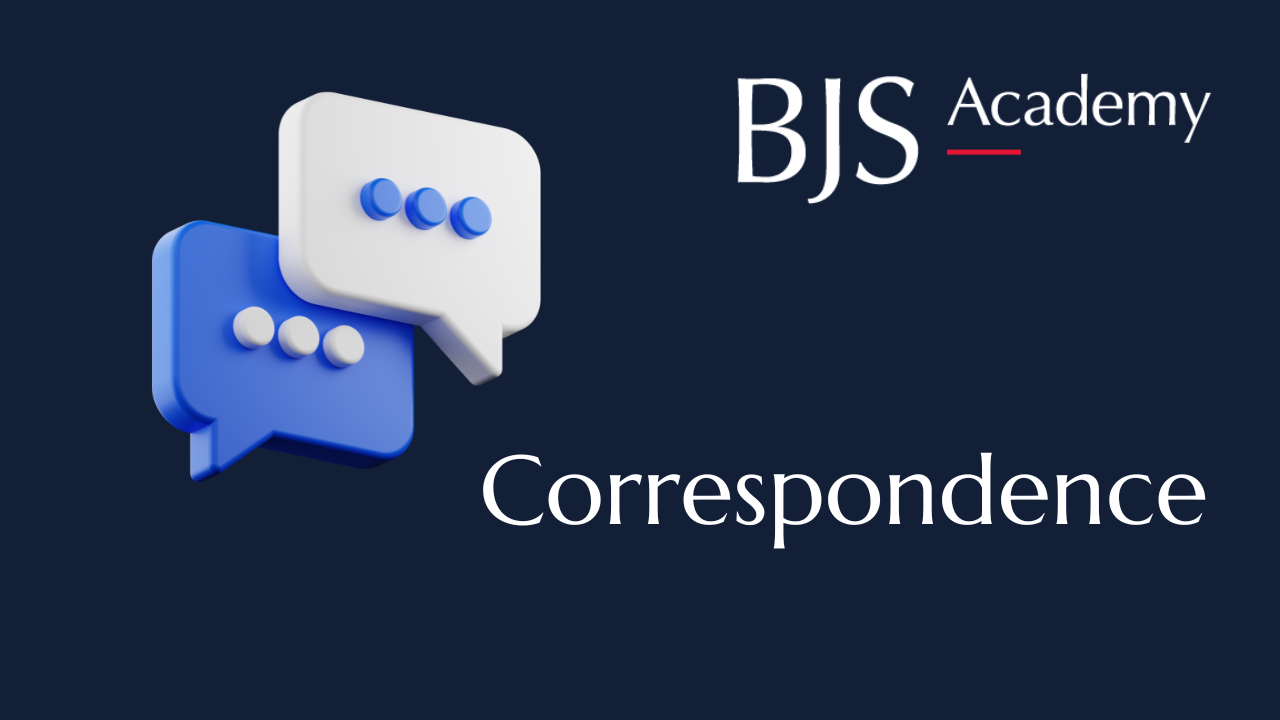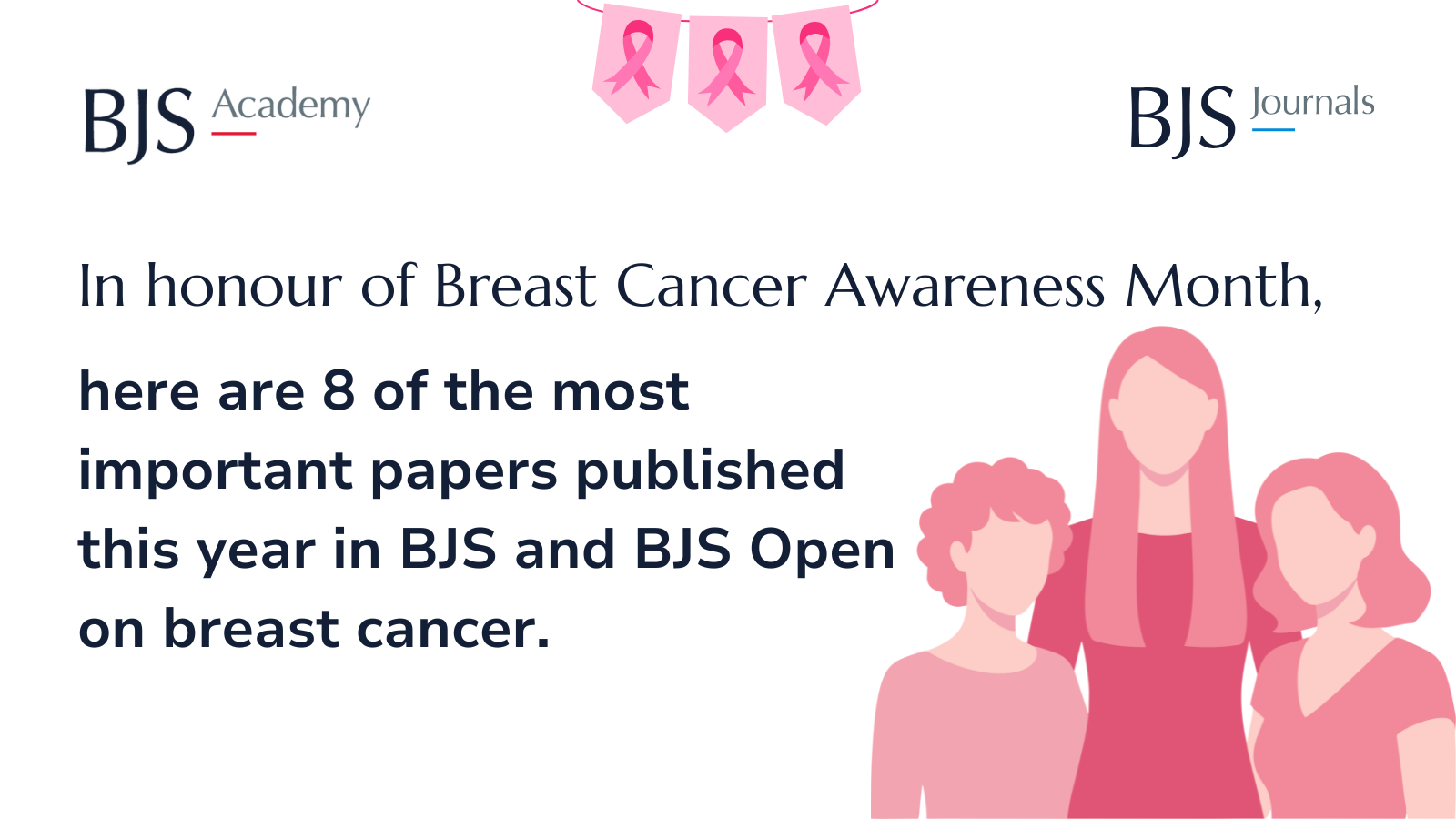BJS Academy>Cutting edge blog>Author response: Enh...
Author response: Enhancing methodological rigour in prepectoral breast reconstruction studies
Shelley Potter
Translational Health Sciences, Bristol Medical School, Learning and Research Building, Southmead Road, Bristol BS10 5NB, UK; Bristol Breast Care Centre, North Bristol NHS Trust, Southmead Road, Bristol BS10 5NB, UK
Kate L Harvey
Imperial College Healthcare NHS Trust, London W2 1NY
Paul White
Applied Statistics Group, University of the West of England, Bristol, UK
Related articles

Comment on: Clinical and patient-reported outcomes in women offered oncoplastic breast-conserving surgery as an alternative to mastectomy: ANTHEM multicentre prospective cohort study
Raafat Gendy
Correspondence to: Raafat Gendy (email: raafat.gendy1@nhs.net)
____
____

Enhancing methodological rigor in prepectoral breast reconstruction studies
Janhavi Venkataraman, Kefah Mokbel
Correspondence to: Janhavi Venkataraman (email: Janhavi.Venkakataraman@hcahealthcare.co.uk; janhavivraman@gmail.com)
The London Breast Institute
Princess Grace Hospital

Surgery and the future of breast cancer care: breast cancer awareness month 2025
Matthew Lee PhD FRCS
Breast cancer is the most common cancer affecting women worldwide. It is likely that many people reading this know someone who has been affected by this condition. For many, surgery remains the cornerstone of curative treatment. Breast cancer surgery has advanced significantly since the first radical mastectomies of the late 19th century to today’s refined breast-conserving and reconstructive techniques.
Surgery remains a key component of treatment of breast cancer. For early-stage disease, removing the tumour can be enough to eradicate cancer completely. In more advanced cases, surgery is complemented by chemotherapy, radiotherapy, and hormone therapy.
The success of breast cancer surgery has not happened by chance. It reflects decades of rigorous research, often led by surgeons. Trials that once compared radical mastectomy with breast-conserving surgery laid the foundations for a global shift in practice. Randomised studies in axillary surgery demonstrated that less can be more, avoiding major complications such as lymphoedema without compromising oncological standards. The surgical research forces driving this rapid development have changed lives. They also act as an exemplar for other specialties.
Copied!
Connect

Copyright © 2026 River Valley Technologies Limited. All rights reserved.



.png)





.jpg)



